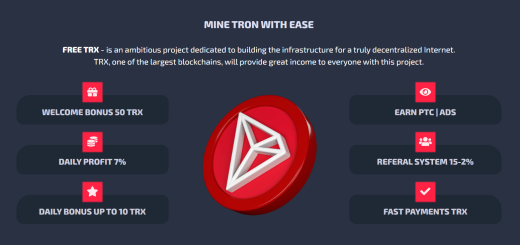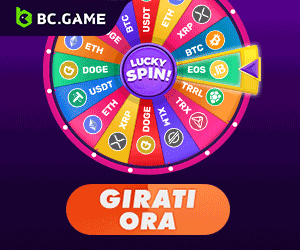How Crypto is Revolutionizing the Gaming Industry
Cryptocurrencies and blockchain technology have made a significant impact on various industries, and gaming is no exception. With the rise of decentralized finance (DeFi) and non-fungible tokens (NFTs), the gaming industry is witnessing a transformative shift. Blockchain-based games and crypto assets are reshaping how players interact, own, and even profit from virtual worlds. In this article, we’ll explore how crypto is revolutionizing the gaming industry and creating exciting new opportunities for both gamers and developers.
One of the most notable innovations is the Play-to-Earn (P2E) model. In traditional games, players spend countless hours advancing through levels, collecting items, and completing quests, but rarely do they receive tangible rewards. Blockchain games, on the other hand, allow players to earn real-world value through cryptocurrency rewards. Games like Axie Infinity and Decentraland have popularized the concept of earning tokens that can be traded, sold, or used within the game’s ecosystem, giving players greater financial incentives to engage in gameplay.
The integration of NFTs into gaming has also revolutionized the concept of digital ownership. NFTs allow players to truly own in-game items, such as weapons, skins, or characters, which can be traded or sold in secondary markets. Unlike traditional games, where virtual goods remain under the control of the game developer, blockchain-based games provide players with full ownership of their digital assets. This has led to a new form of player-driven economies, where in-game purchases can be an investment.
Moreover, the decentralized nature of blockchain provides increased transparency and fairness. Smart contracts ensure that game rules are immutable, and rewards are distributed without third-party interference. This reduces the risk of fraud or manipulation, which has been a significant concern in the gaming world.
Crypto is also opening new funding avenues for game developers through Initial Game Offerings (IGOs). Instead of relying on traditional investors, developers can raise funds through token sales, allowing them to build communities and gain early adopters. This democratizes the game development process and empowers indie developers to bring innovative concepts to life.
Despite its promise, the crypto-gaming industry faces challenges, such as scalability and regulatory uncertainty. However, as blockchain technology continues to evolve, these barriers are expected to diminish. With more games embracing crypto and blockchain, it’s clear that the future of gaming will be closely intertwined with decentralized technologies.
In conclusion, crypto is revolutionizing the gaming industry by introducing new economic models, enhancing digital ownership, and providing decentralized and fair gameplay experiences. For both developers and players, the fusion of gaming and blockchain opens doors to endless possibilities and potential profits. As this trend grows, we can expect to see more innovative applications and opportunities in the world of crypto-powered gaming.






